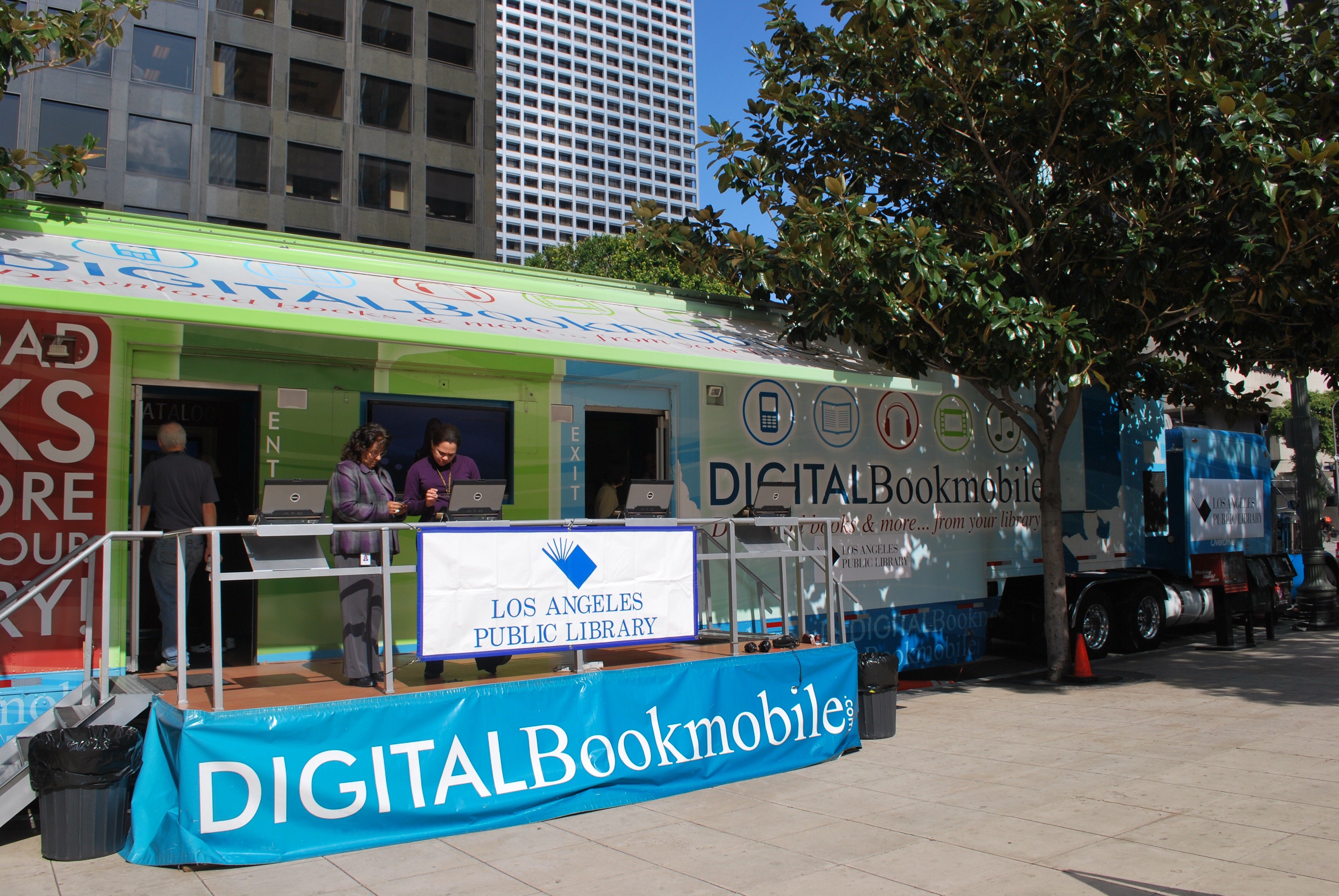Besides serving as a place to check out books, libraries often serve as community centers where people from all demographics browse resources and attend events together. They also provide basic services like computers and Internet access for free. With the rise of COVID-19, libraries have been forced to adapt their services for the era of social distancing.
For many people, such as Jessica Jordan, a fourth-year Stanford graduate student in literary criticism and theory, libraries are a place to find others with similar interests.
“I go to a fair number of library events,” Jordan said. “You would see a lot of different types of people there … There is a nice cross-section of community members that maybe you wouldn’t see together so often.”
She added that the book sales some libraries frequently hosted before COVID-19 were very helpful to her studies, in addition to helping her meet other book lovers in her community.
Mitch Therieau, a second-year graduate student studying literature and philosophy at Stanford, told The Daily that he believes “there’s a whole cluster of social functions [that libraries serve] that seem pretty basic to the workings of democracy.”
“Like giving people access to resources,” Therieau said, “I feel like that stuff is important to the mission of libraries. I think that’s one of the big things people were missing during the library closedown at the beginning of the pandemic.”
Cindy Chadwick, a librarian for Alameda County — a jurisdiction which encompasses Berkeley, Oakland and Fremont — told The Daily that, even during the circumstances of the pandemic, libraries are doing their best to keep offering their resources. Presently, almost all the resources offered by the library are online. However, this does not help a subset of the population who need library resources the most — those who do not have access to the Internet.
“Our mission is unchanged now in this crazy COVID time,” Chadwick said, “but we have some additional challenges because of the requirements to physically distance. That makes it very difficult to give all the services that we’d like to give. The libraries were not built for social distancing at all.”
With access to libraries’ computers and printers compromised by the lockdown, many people are unable to utilize the myriad of other online resources that libraries provide, including job application assistance and digitized research material. This, in turn, prevents equitable access, a vital component of democracy that many including Therieau and Chadwick believe libraries help fulfill.
“If anything, [the library] is going to become more important in the coming months as we face more economic trials,” Chadwick said. “The role of libraries increases in times of economic hardship. That’s when people … come to us and they use [the library] – for job searching, for resume preparation, for applying to jobs online.”
Today, many Bay Area libraries are in limited operation in an attempt to continue offering their services. For example, the Palo Alto City Library is hosting a variety of virtual community events in addition to offering limited-contact pickup service. Moreover, it offers limited Wi-fi service which people can access from library parking lots. However, with social distancing rules in place, not many people are able to fully make use of it.
Many Bay Area libraries are making tentative plans to reopen. For example, the Alameda County Library is executing a phased approach to reopening. However, with Alameda County failing to meet state benchmarks and landing on the governor’s watchlist, a resumption of in-person services may be a long way off.
This article was updated to include a link to the latest webpage of the Alameda County Library reopening plan.
Contact Yawen Xue at yawenxue2004 ‘at’ gmail.com.
